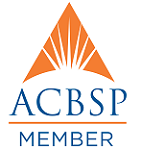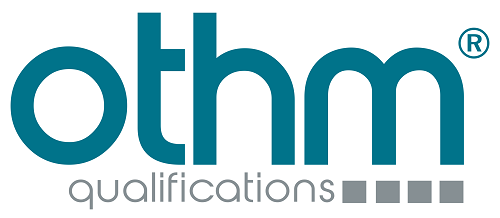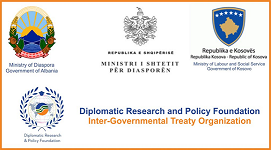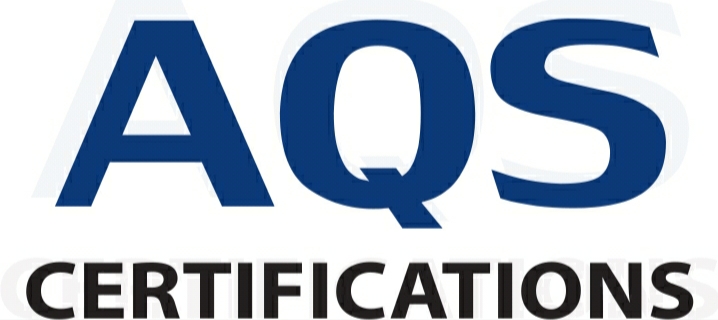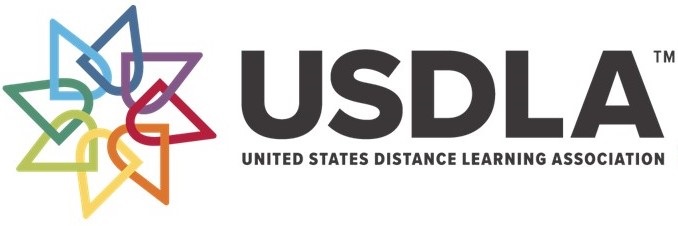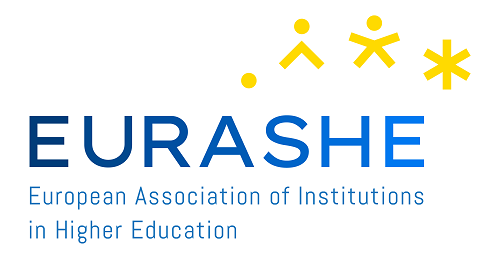Accreditations
Accredited by major accrediting bodies.
Alumni Network
A strong network of 1000+ alumni worldwide.
Scholarships
Upto 30% of the total tuition fees available
International Students
From 20+ Countries
Programme Highlights

-
 12 Months online Program.
12 Months online Program. -
 Specially Designed for Working Professionals
Specially Designed for Working Professionals -
 Specially Designed for Working Professionals
Specially Designed for Working Professionals -
 Highly Qualified Industry Experienced Faculties.
Highly Qualified Industry Experienced Faculties. -
 Discover the latest technologyand industry trends.
Discover the latest technologyand industry trends.
Get FREE 1:1 Counselling

Postgraduate Diploma in Computer Science (PGDCS)
A postgraduate degree in computer science is one of the most popular courses among students because it helps them comprehend the numerous fundamental ideas of computer science, such as theoretical knowledge, practical knowledge, and other skills that are necessary. It aids applicants in deciding on a professional path in computer science. PGDCS program is designed to assist students in swiftly up-skill by allowing them to 'deep dive' into a new and growing area of computer science and preparing them with skills and knowledge for emerging career positions in this field. You can fit your studies around your responsibilities while still receiving the academic rigor of an online program thanks to the flexible learning method.
Program Benefits:
If you've started thinking about the advantages of pursuing a postgraduate study in computer science, the words will fall short. However, the following are some of the most prevalent and universal advantages:
Computers are the foundation of every IT industry, and it is difficult to build or design anything, including applications, without one. As a result, corporations frequently seek postgraduate candidates in Computer Science to expand their technology-related businesses. After completing this postgraduate degree, you can pursue any core subject in computer science.
Attractive Compensation Package: There is a scarcity of postgraduate candidates in Computer Science, and most organizations are eager to fill the void by offering a better position with a higher salary. You will see a minimum of a 30% to 40% increase in your present pay after completing this program.
Improve your professional network: A postgraduate study in computer science can help you expand your professional network. You will meet, learn from, and collaborate with instructors to gain a broader knowledge foundation that will propel your career to new heights.
Increase Other Abilities: During this program, a candidate will develop a variety of communication and public speaking skills that will assist them in completing a project and professionally dealing with clients.
Increase Other Abilities: During this program, a candidate will develop a variety of communication and public speaking skills that will assist them in completing a project and professionally dealing with clients.






